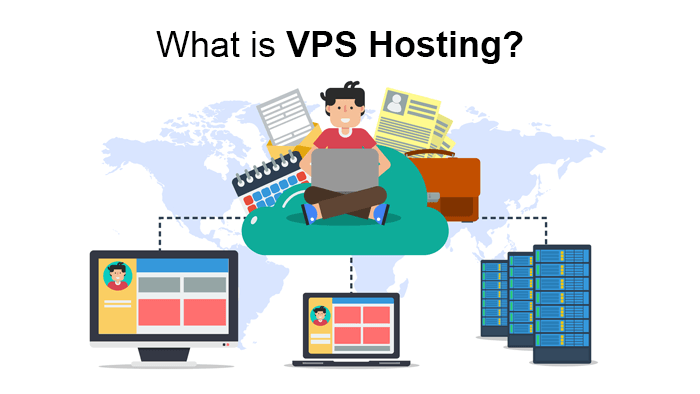Virtual Private Server (VPS) hosting is a type of web hosting that provides users with more control and resources than shared hosting, but is still more affordable than dedicated hosting. In VPS hosting, multiple virtual servers are created on a single physical server, and each virtual server functions as a separate entity, with its own resources and operating system.
One of the main advantages of VPS hosting is the level of control and customization it provides. Unlike shared hosting, where changes to the server are limited, VPS hosting gives users root access to the server, allowing them to install custom software, configure advanced settings, and manage the server as if it were their own physical machine. This makes VPS hosting a great option for websites that need more advanced features or custom configurations.
Another advantage of VPS hosting is the level of resources it provides. Each virtual server is allocated a specific amount of storage space, bandwidth, and processing power, ensuring that it has the resources it needs to operate smoothly. This is particularly important for websites that receive a lot of traffic or have complex requirements.
In terms of security, VPS hosting provides a higher level of protection than shared hosting. Each virtual server operates as a separate entity, which helps to reduce the risk of a security breach affecting multiple websites. Additionally, VPS hosting providers often offer advanced security features such as SSL certificates, backups, and firewalls, providing users with additional peace of mind.
VPS hosting is also a more flexible option than shared hosting. It allows users to easily upgrade their hosting plan as their website grows, without having to move to a different hosting provider. This can be particularly important for websites that are expected to experience a lot of growth or traffic.
However, VPS hosting also has some limitations. One of the main limitations is the cost. While it is still more affordable than dedicated hosting, VPS hosting can be more expensive than shared hosting, making it less accessible for individuals and small businesses on a budget. Additionally, VPS hosting requires a higher level of technical expertise than shared hosting, making it less suitable for those who are new to web hosting or are not technically proficient.
Another limitation of VPS hosting is that users are still sharing the physical server with other virtual servers, and can be affected by the performance of other virtual servers on the same physical server. This can sometimes result in slower performance and stability issues, particularly if other virtual servers on the same physical server are using a lot of resources.
In conclusion, VPS hosting is a popular and flexible option for websites that need more control, resources, and security than shared hosting, but do not require the full resources of a dedicated server. It provides users with more control, resources, and security, but can be more expensive and technically challenging than shared hosting. It is important to carefully evaluate your website’s needs and budget before choosing a VPS hosting plan.

